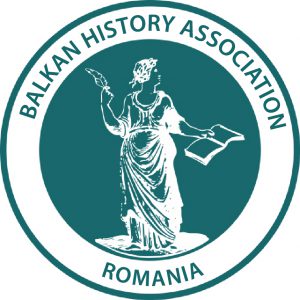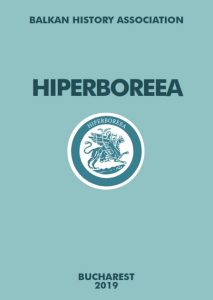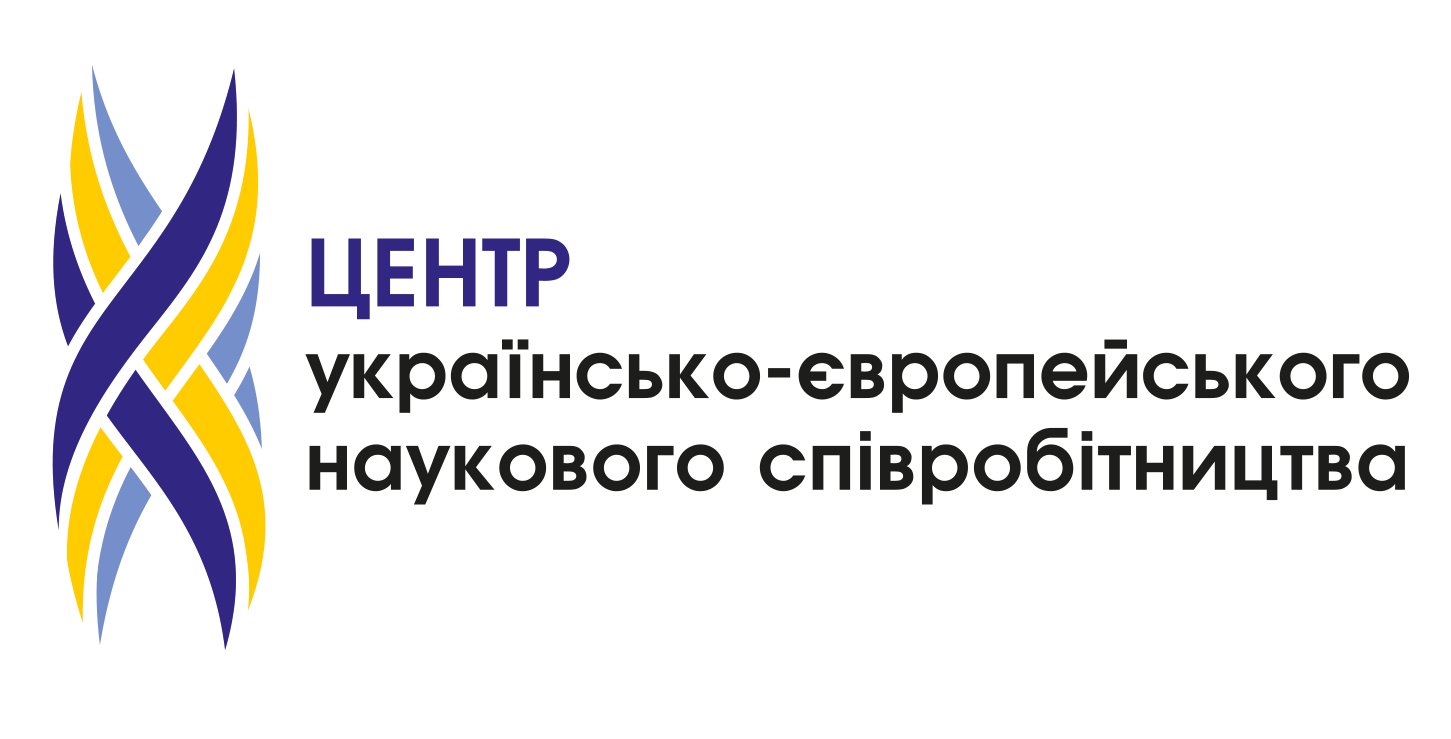 Director of the Center for Ukrainian and European Scientific Cooperation Dmytro Bielov signed a cooperation agreement in the field of scientific and educational activities with the Balkan History Association (BHA) where the president is Dr. Mihai Dragnea.
Director of the Center for Ukrainian and European Scientific Cooperation Dmytro Bielov signed a cooperation agreement in the field of scientific and educational activities with the Balkan History Association (BHA) where the president is Dr. Mihai Dragnea.
The Balkan History Association (BHA) is a non-profit, apolitical, and independent organization that aims to develop and promote at both national and international levels the interdisciplinary and comparative study of the Balkan region, and, more generally, of South-East Europe. The main fields of interest include, but are not restricted to various sub-disciplines of history—political, cultural, military, economic, urban, literary, oral, or the history of science communication – art history, history of religions and archaeology.
BHA’s audience is composed of researchers, professionals and academics from a secondary and tertiary education background, students at any level of the university trajectory, high-school and college students, in addition to anyone interested in the study of the art, history, or archaeology of the Balkans. The association defends the freedom of speech, encourages the collaborative exchange of ideas, and aspires to create a platform for cooperation between researchers and the general audience, designed to facilitate better collaboration between the states in the area.
The association’s activities include the organization of both academic events – conferences and lecture series – and social meetings. The information related to the events, as well as any research output generated on these occasions are advertised and published primarily through the official website of BHA, and association’s scientific journal Hiperboreea.
 Hiperboreea (ISSN 2284–5666) is an online academic journal founded in 2012. Since 2014 it is published biannually. The journal publishes articles in the field of History, written in English and occasionally French, and book reviews, or evaluations of scholarly conferences. Without limiting its scope a specific historical period or approach, the journal covers a wide range of topics, such as Cultural History, Political History, Military History, Social History, Economic History and Archaeology, and encourages work on any historical period and interdisciplinary background. All articles are subjected to double review.
Hiperboreea (ISSN 2284–5666) is an online academic journal founded in 2012. Since 2014 it is published biannually. The journal publishes articles in the field of History, written in English and occasionally French, and book reviews, or evaluations of scholarly conferences. Without limiting its scope a specific historical period or approach, the journal covers a wide range of topics, such as Cultural History, Political History, Military History, Social History, Economic History and Archaeology, and encourages work on any historical period and interdisciplinary background. All articles are subjected to double review.
Hiperboreea is one of the few Romanian journals that has built a solid presence in the online environment, being indexed in the following international databases and libraries:
Web of Science (ESCI), EBSCO, Scopus, ERIH PLUS, Ulrich, ProQuest, ProQuest Philosophy Database, Index Copernicus, CEEOL, WorldCat, Regesta Imperii, Columbia International Affairs Online, J-Gate, Modern Language Association International Bibliography, Bibliographical Information Base in Patristics, International Bibliography of Humanism and the Renaissance, Romanian Academy Library, National Library of Australia, Oxford Library, Harvard Library, University of Waterloo Library, State Library of New South Wales University, University of Toronto Libraries, Vrije Universiteit Brussel, Villanova University Library, University Library of Tübingen, Marburg University Library, Ghent University Library, Flinders University Library, Regensburg University Library, Lancaster University Library, Mount St. Mary College Library, University Library of KU Leuven, UNSW Sydney Library, Simon Fraser University Library, University of Washington Libraries, Scuola Normale Superiore, Portland State University Library, ACNP of the University of Bologna, Kyushu University Library, KVC of the Karlsruhe Institute of Technology, Hebis and eLIBRARY.RU.
Within the cooperation agreement between the Center for Ukrainian and European Scientific Cooperation and the Balkan History Association (BHA), it is planned to implement joint scientific events and projects involving international scientific conferences, scientific and pedagogical internships, lectures, symposiums etc. Besides, Ukrainian scholars and scientists will have an opportunity to publish their research papers in Hiperboreea due to the signed cooperation agreement. Full text of the document is available at the link.









